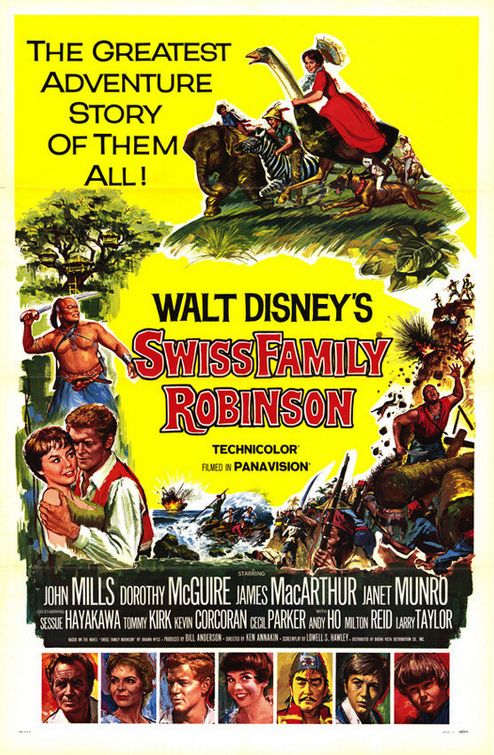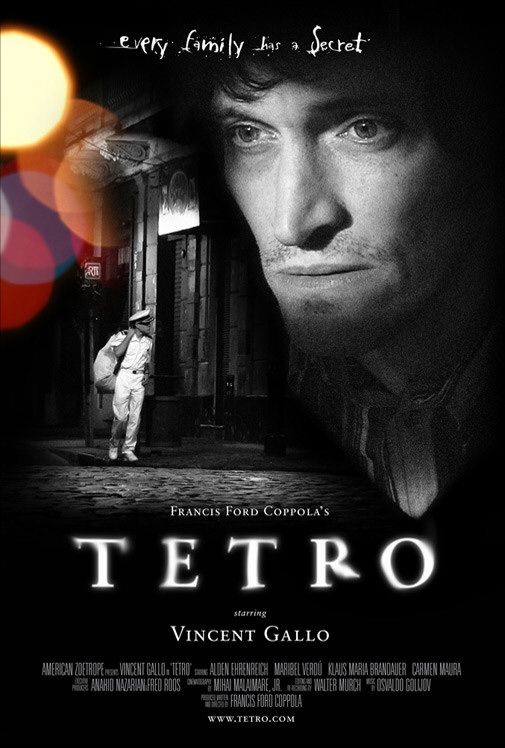“Brilliant Drama Marred By Raunchy Scenes”

| None | Light | Moderate | Heavy | |
|---|---|---|---|---|
| Language | ||||
| Violence | ||||
| Sex | ||||
| Nudity |
What You Need To Know:
TETRO is brilliantly produced, with superior acting and directing. However, strong sexual content between various people, including two women, spoils the movie’s moral premise of two brothers discovering the truth about their lives. TETRO also includes a reference to an actor cross-dressing on stage, extreme nudity and plenty of foul language. The movie is superbly filmed, but its strong raunchy content will turn away media-wise moviegoers looking for a more substantial, more serious film drama.
Content:
(BB, C, PaPa, Ho, LLL, VV, SS, NNN, A, D, MM) Strong moral, slightly redemptive worldview portraying how truth and brotherly love helps free a family from past sins, spoiled by strong hedonistic pagan and light homosexual elements; 27 obscenities and two profanities; graphic car wreck, dog run over by car is shown, minor fist fight, character onstage in ballet is dismembered but no blood and intended as part of dance; strong sexual content with naked people touching and kissing, implied fornication between teenager and two older women, implied lesbian sex scene, three people in tub together, implied sex between unmarried couple, man onstage dressed as a woman, and story turns on an older man sexually involved with a teenage girl but nothing there is shown; frontal, upper, and rear female nudity, upper male nudity; much drinking of wine but no drunkenness; much smoking; and, lying, deceit, and movie depicts a very negative and oppressive father.
More Detail:
Tetro is a poet who has long since stopped writing and lives a volatile, depressed life with his former therapist Miranda. Bennie discovers Tetro’s unfinished play and concludes that finishing the play holds the key to understanding their family’s secrets.
The hidden family truths are finally revealed as their father, a world famous orchestra conductor, dies. In the end, it is the love of family that brings Tetro and Bennie back together and helps them overcome the sins of the past.
TETRO is a marvelous, brilliant movie. Shot in black and white with some scenes in color, it’s reminiscent of Coppola’s other brotherhood theme movie RUMBLE FISH. Tetro flashes back to the events that led to him leaving, along with fantasy scenes of opera and ballet being conducted by his father.
The script is smart and engages the viewer to journey with Bennie to understand what’s going on in the family. While the movie does take quite a while to get going, it allows time for the characters to become understood until the viewer cares deeply for them.
The acting, especially by the two brothers, is magnificent. The characters are underplayed and the drama very real. The ballet/opera scenes are beautiful and stylized contrasting with the black and white reality of Buenos Aires.
TETRO requires much caution and discernment however. The movie’s theme is the relationship of the brothers and their reunion, which is a solid, moral theme with some redemptive elements of overcoming the sins of the past. The movie contains disturbing elements, however, including significant raunchy content.
On their way to the play festival, shy, naïve Bennie stays in the room with two actresses and there are scenes of implied sex between them, including them in a tub and an implied lesbian relationship between the two women. There is also an implied sex scene of an unmarried couple in bed. On stage, a new version of FAUST is staged with a man dressed as a woman and a woman who strips completely bare. These are very graphic images and spoil the movie’s other, cleaner parts. TETRO also contains at least 27 obscenities and two profanities.
TETRO is the first movie in over 30 years that Coppola has written, produced and directed. It is a meaningful, brilliant film that ultimately is marred by the negative content. Regrettably, that content will turn away media-wise moviegoers who may be interested in following Coppola’s career or engaging with the serious family issues brought up by these characters.


 - Content:
- Content: 
